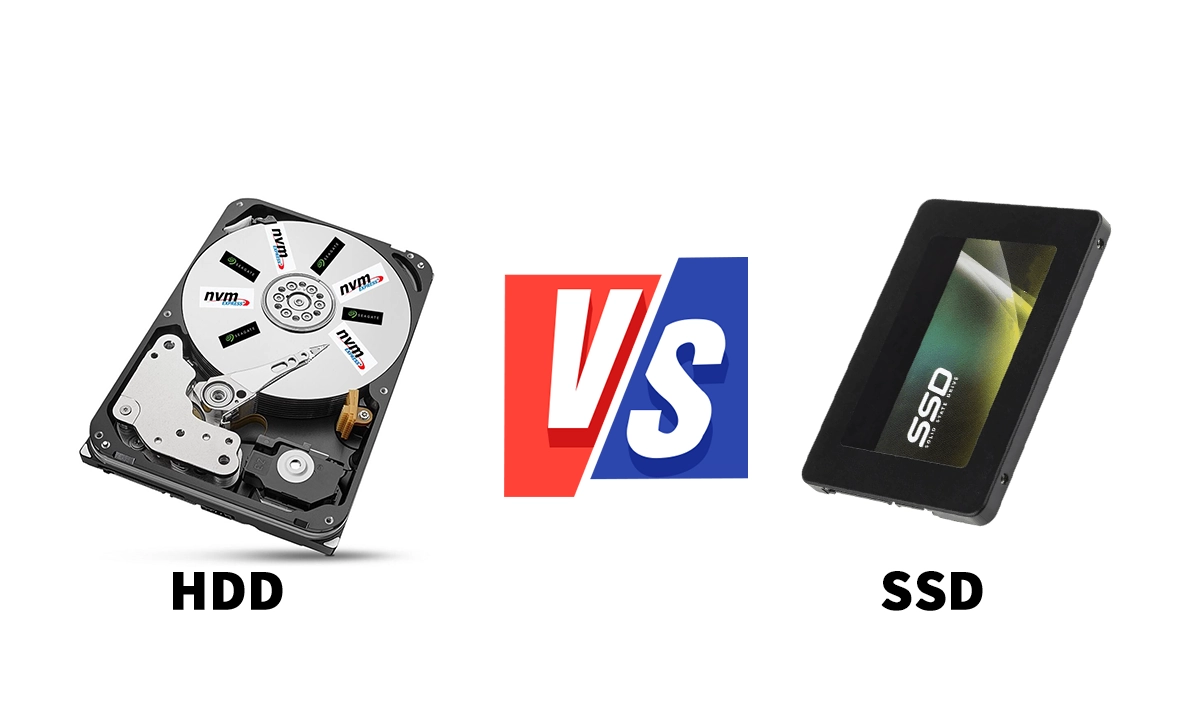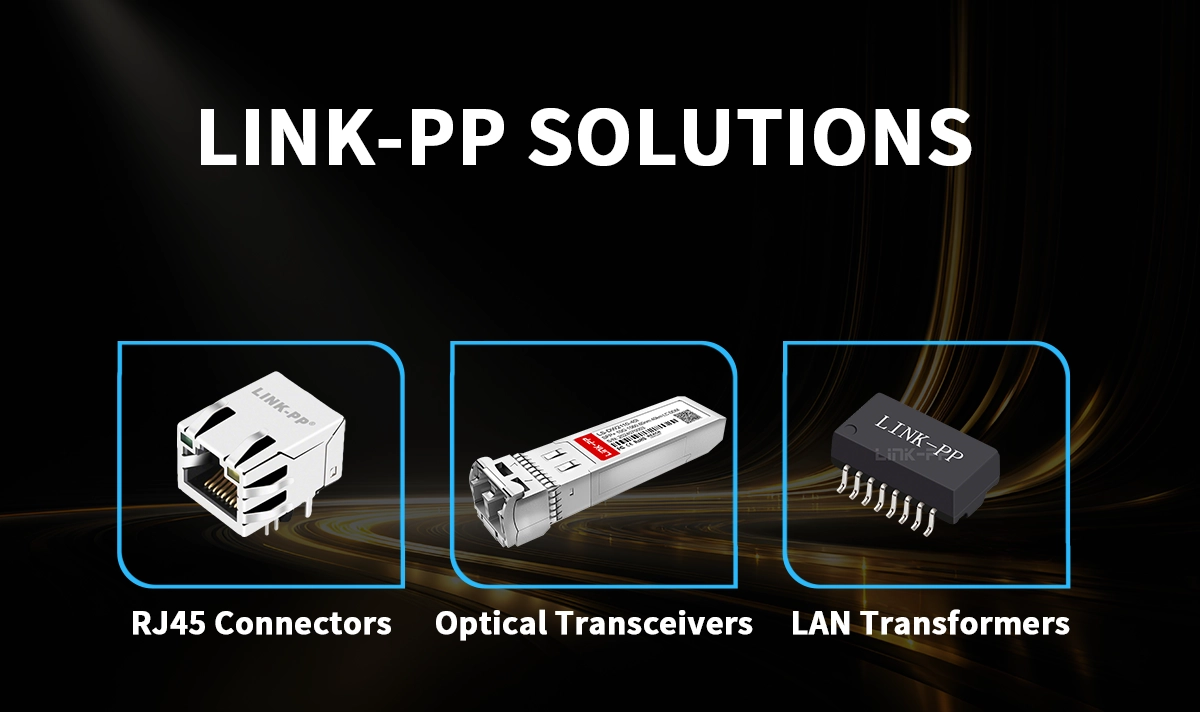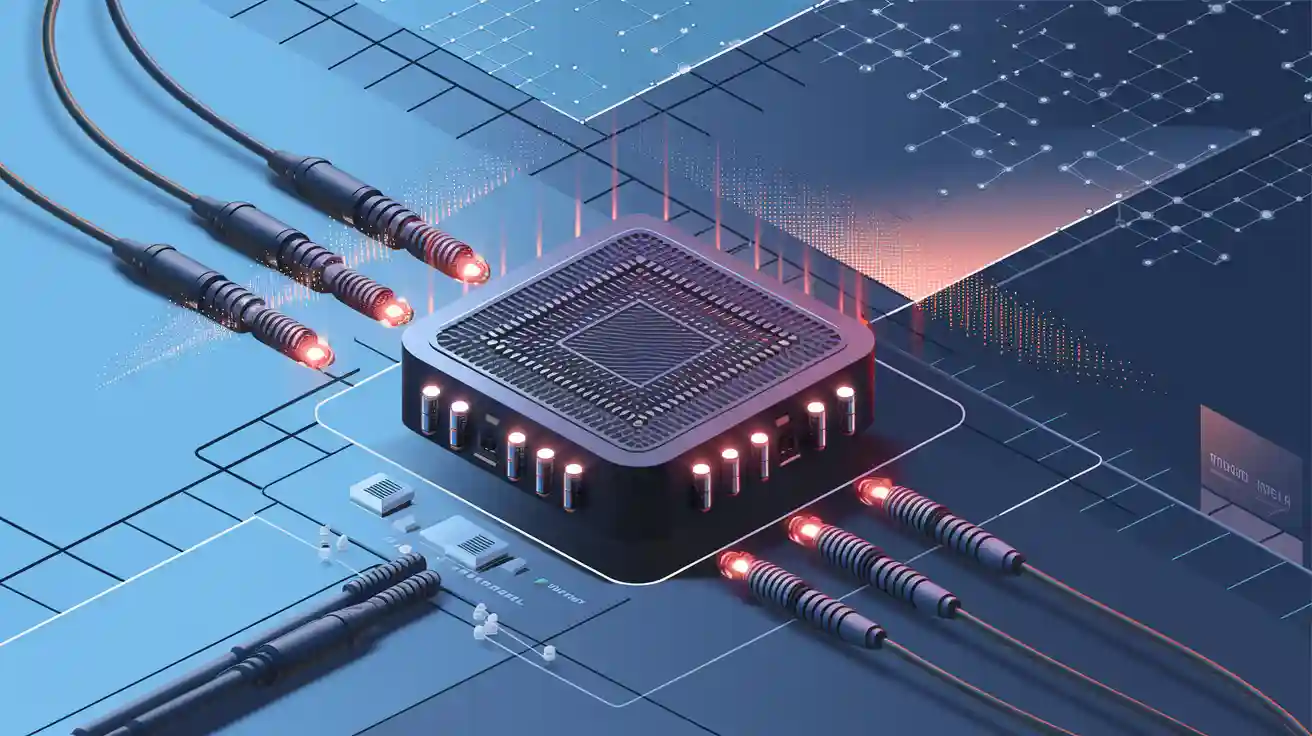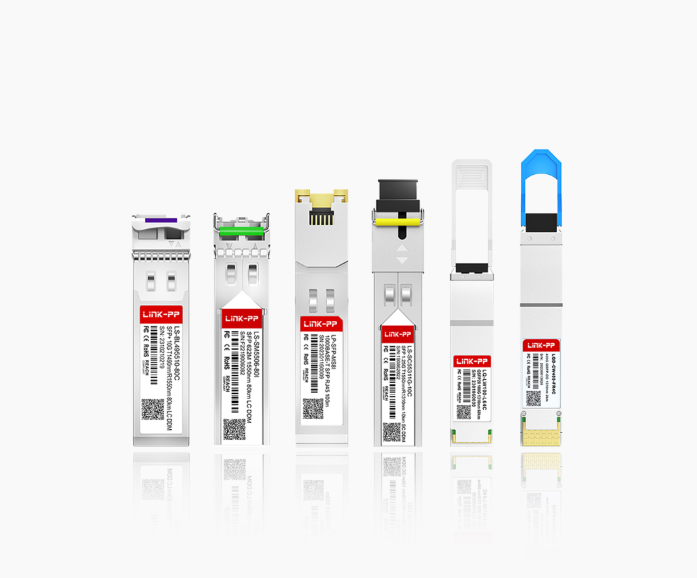
When choosing a storage drive for your computer or server, the debate between HDD (Hard Disk Drive) and SSD (Solid-State Drive) is one of the most common. Both serve the same purpose—long-term data storage—but their technology, performance, and cost differ significantly. Understanding these differences helps businesses, gamers, and everyday users select the right option.
1. What Is an HDD?
An HDD is a traditional storage device that uses spinning magnetic disks (platters) to read and write data. A mechanical arm with a read/write head accesses the data on the platters. Because it relies on moving parts, an HDD is generally slower and more vulnerable to physical damage, but it remains a cost-effective choice for large storage capacity.
Key Features of HDDs:
Storage Capacity: Commonly ranges from 500GB to 20TB.
Speed: Typical read/write speed is 80–160MB/s.
Durability: Susceptible to shock and wear due to moving parts.
Cost: Lower cost per gigabyte compared to SSDs.
2. What Is an SSD?
An SSD stores data on NAND flash memory chips, without any moving parts. This makes it much faster, quieter, and more reliable than an HDD. SSDs have become the standard for high-performance computing, offering quick boot times, fast application loading, and improved energy efficiency.
Key Features of SSDs:
Speed: Average read/write speed ranges from 500MB/s (SATA SSD) to 7000MB/s (NVMe SSD).
Durability: More resistant to shock and physical damage.
Power Efficiency: Consumes less energy, ideal for laptops and servers.
Cost: Higher cost per gigabyte, though prices are decreasing.
3. HDD vs. SSD: A Detailed Comparison
Feature | HDD | SSD |
|---|---|---|
Technology | Magnetic spinning platters | NAND flash memory |
Speed | 80–160 MB/s | 500–7000 MB/s |
Durability | Vulnerable to shocks | Shock-resistant, no moving parts |
Lifespan | Limited by mechanical wear | Limited by write cycles (but longer in practice) |
Noise | Audible spinning and clicks | Silent operation |
Cost | Cheaper per GB | More expensive per GB |
Best Use Cases | Archival storage, bulk data | OS, gaming, business apps, servers |
4. Which One Should You Choose?
Choose HDD if you need affordable, high-capacity storage for backups, media libraries, or bulk data.
Choose SSD if you need speed, durability, and efficiency, such as for operating systems, gaming, high-performance workstations, or enterprise servers.
For most modern setups, a hybrid approach is common: SSD for the operating system and frequently used applications, paired with an HDD for large-scale storage.
5. The Role of Connectivity in Storage Devices

Whether you use HDDs or SSDs, performance also depends on reliable connectivity. High-speed data transfer requires quality network components such as:
RJ45 connectors – ensuring stable Ethernet connectivity.
LAN Transformers – protecting signal integrity in networked storage systems.
SFP Transceivers – supporting high-bandwidth storage servers and cloud data centers.
At LINK-PP, we provide a wide range of connectivity solutions that complement both HDD- and SSD-based systems, enabling efficient and reliable storage networking.
6. Conclusion
The HDD vs. SSD debate ultimately depends on your priorities. HDDs remain a budget-friendly choice for massive storage, while SSDs deliver the speed, efficiency, and reliability needed for modern computing. In many cases, combining both technologies provides the best balance between performance and cost.
For businesses, data centers, and IT professionals, ensuring the right network connectivity is just as important as choosing the right storage drive. LINK-PP delivers high-quality Ethernet connectors, magnetics, and transceivers to help maximize storage system performance.




